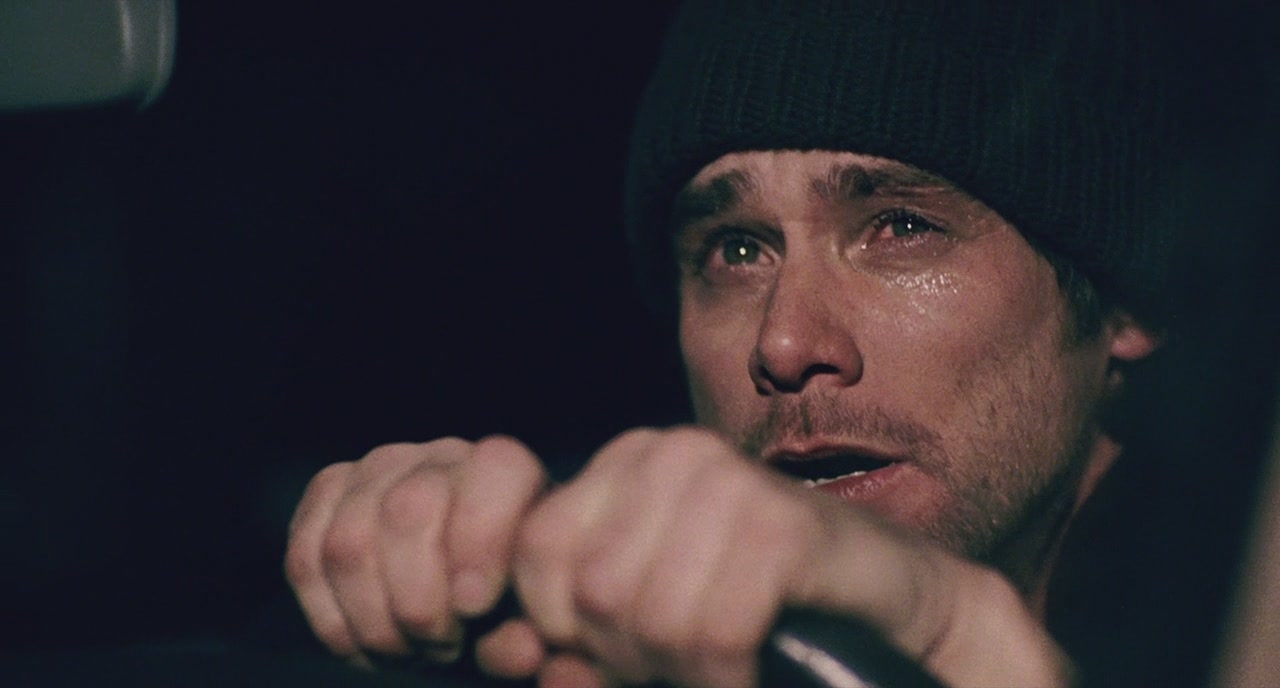
Once a film concludes, you can have one of two reactions. You can either understand that a certain picture has been wrapped up nicely, and you try to revisit the entire trip from start to finish. You can also be left with an open ended finale, which invites you to split the film up in a non-linear fashion; now, we’re investigating our candid thoughts on this thought-provoking film.
We have ten cases where the deeper you dig, the more you may find in terms of the film’s tone. I’m here to argue that these films—which may already be dark to begin with—get all the more depressing the more you look into them. Grab some comfort food, because it’s about to get devastating. Here are ten famous movies where the ending is much bleaker than you realized.
Of course, there will be spoilers ahead.
1. 3 Women

So, we are left with a few possible outcomes in Robert Altman’s answer to Ingmar Bergman’s Persona; none of these resolutions are pretty. The film is quite literal, and the three titular woman have assumed their designated positions forced onto them by society. Without even bringing up Edgar’s death, that is just sad to think about.
However, this could all be a dream or a comatose recreation of events. So, is Pinky still in the hospital, did Millie create either her happiest or darkest times in her sleep, or was Willie an observer merely because it was all in her head? Did these women have anything to do with the death of Edgar, whether it be out of jealousy, rage, or confusion? Was the entire film, cloaked in purple and yellow, the figments of Millie’s best dreams and worst nightmares? This entry doesn’t even have quite a specific outcome, but any interpretation gets darker the more you try to analyze 3 Women.
2. Ali: Fear Eats the Soul
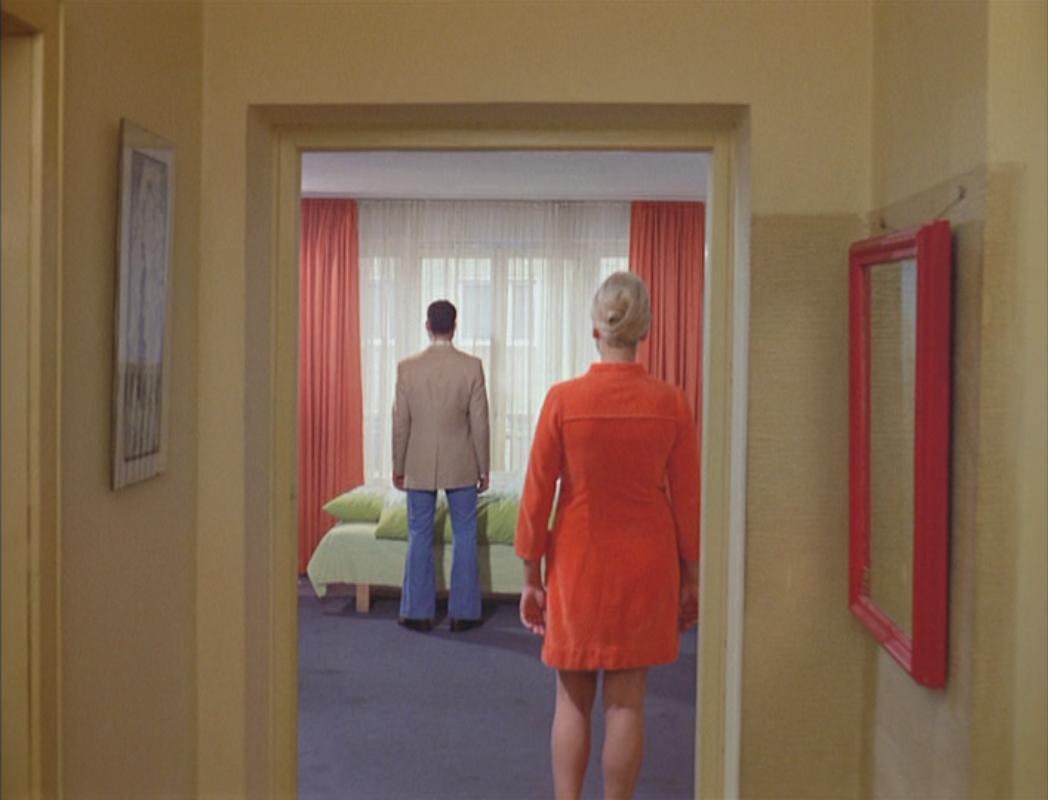
A tumultuous series of events plagues the relationship between the immigrant Ali and the much older German Emmi. After many bouts of bigotry, manipulation and hatred, both partners almost set out to tarnish each other’s lives. When Ali has a mysterious ulcer that bursts, the two rush to the hospital; Emmi has re-assumed her role as Ali’s caregiver.
A joke is made that Ali will likely wind up here again, but think about it closely. That’s an admission that this relationship is unhealthy, despite the love that does exist between the two. This was a once-promising pairing that has been damaged seemingly beyond repair thanks to society’s racism and hostility. There might be an effort to fix things here, but the tensions may be too strong. These tensions only began when other people judged and attacked either Emmi or Ali.
In the end, these two suffer the most; sadly, this has extended to them harming each other. If the title for Ali: Fear Eats the Soul is any indication, there is barely any soul left, but just enough to try to get by; who knows if the soul will slowly grow again or if it will be wiped out entirely.
3. Cries and Whispers
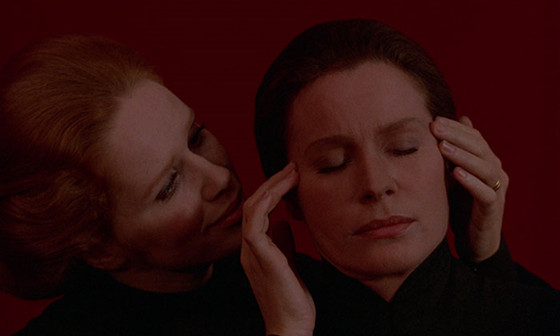
So, Agnes is long gone by the time the film wraps up. In fact, she passes away before the third act, and the film still goes on. At this point, we know that the film is more concerned with the relationships and separate lives of these sisters (and Agnes’s maid Anna) than it is about Agnes holding on.
We travel to the guilty consciences of her sisters Maria and Karin, and we enter the darkest corridors and witness secrets that we aren’t supposed to know (including a shocking scene of self-mutilation as a form of pleasure). By the time the film ends, Anna has been dismissed, and a fleeting memory of Agnes happy on an excursion with her sisters is clung onto. But, that’s our only shred of hope.
The two surviving sisters may be further apart than they ever have been. Anna has witnessed the horrifying death of her patient, and has had barely any compensation (as if business comes before true thankfulness, and her efforts aren’t being truly appreciated either).
We might feel negatively about Maria and Karin because of their pasts, but their presents aren’t anything to adore, either. It’s saddening to know that Agnes’s happiest time on earth is with the two sisters that wouldn’t agree with her.
4. Eternal Sunshine of the Spotless Mind
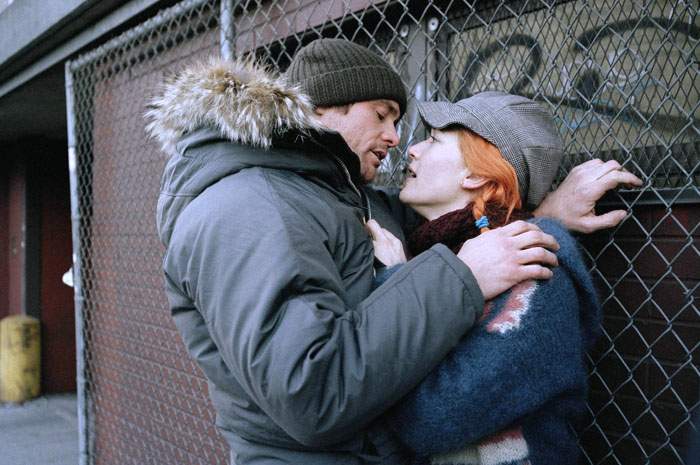
Eternal Sunshine is already depressing. The idea of former lovers erasing the memories of each other is original, albeit grim. After the possible – and likely – decline of Lacuna (now that all of the patients’ records have been sent back to them), Joel and Clementine have agreed (after some thought) to try their relationship again.
It’s a bittersweet ending, but the bitter side of things gets stronger when you take more things into consideration. Is the purpose of the ending to focus on the relationship between Clementine and Joel, or to help us understand that this is just one case out of many that have happened? There are many other patients that have gone through this procedure. Even if this is not the case, there’s the more obvious point that the two lovers may resort back to the same quarrels.
Let’s also remember that they aren’t necessarily starting from scratch, but they know that they have dated once before and that it didn’t work out. Surely that would affect the relationship (they can be cautious, or they can be reliant on the fact that they once broke up despite not quite knowing why aside from a few notes a doctor took). The outcome looks bleak, but our fingers are crossed to this couple (and to the many others).
5. Eyes Without a Face
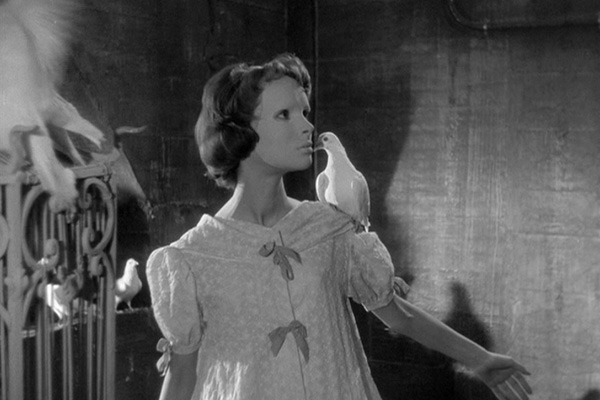
The title Eyes Without a Face can be a literal interpretation of the story. Christiane—an experiment under her surgeon father’s knife—does not have her own face in the entire film; she either hides behind a mask or has donned the face of another.
Then again, there’s the other metaphor the title exudes, which is that Christiane is only an observer of the world (as she has been held at home for a good portion of her life and is now a quiet introvert). Her psychotic father (whose initial intentions to help his daughter were earnest, but his executions were insane) is now dead, and Christiane has access to walk out into the real world.
She does not have a face, both physically and literally. She has no true identity. She has no ambitions and goals in life (outside of wanting to leave the clutches of her father and her former home). Yes, she is finally free, but we have no idea how such a sheltered person is going to cope in the world she was once heavily removed from.